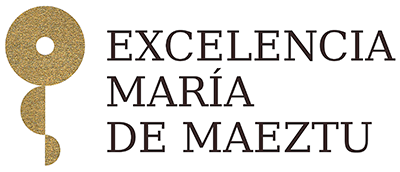In many cases, the decision-making body can choose to seek more information about the likely outcome – for example, by delaying the decision in order to learn about its possible consequences. Sometimes, such information can be acquired at essentially no cost. Yet often this is not done – parliaments enact reforms without studying their effects, policy committees choose not to seek expert advice, and electorates vote in hastily organised referenda that leave voters with little opportunity to learn about the details of the proposal.
Why would a group or a society collectively choose to be uninformed, and when is this more likely to happen? In a paper recently published in the Journal of Public Economics, Boris Ginzburg from Universidad Carlos III de Madrid, and José-Alberto Guerra from Universidad de Los Andes, study this phenomenon. They find that a group collectively decides not to seek information about the consequences of its decision when the group is divided.
For example, consider again the vote of the British parliament against the Brexit withdrawal agreement. Arguably, at the moment the vote was made, it was unclear what such a rejection would entail. Would it result in a more decisive break with the EU, or would it lead to a softer withdrawal deal? Some MPs would vote to reject the agreement if it resulted in the former outcome but not otherwise; while some other MPs had the opposite preference. The study finds that if these two opposing factions are similar in size, the majority of the parliament is in favour of voting on the agreement without learning the likely outcome in advance.
More generally, groups and societies tend to vote against acquiring information when they are sufficiently divided – that is, when a part of the group prefers one type of outcomes, another prefers another type of outcomes, and the sizes of these two sections are sufficiently similar. This happens even when information can be acquired at no cost. Thus, divided groups and societies tend to make decisions in haste; to seek less expert advice; to vote on proposals without analysing their likely outcomes; and to have less support for institutions that make the public more informed, such as independent media or a tradition of public debate.
The paper is available online: https://www.sciencedirect.com/
